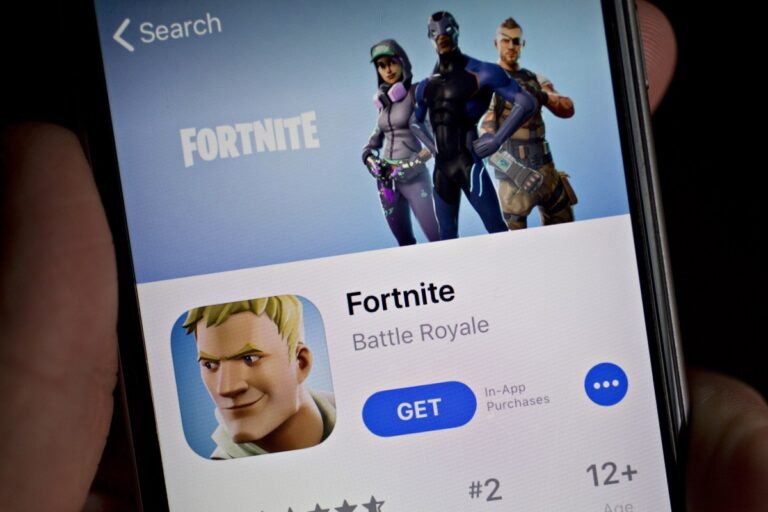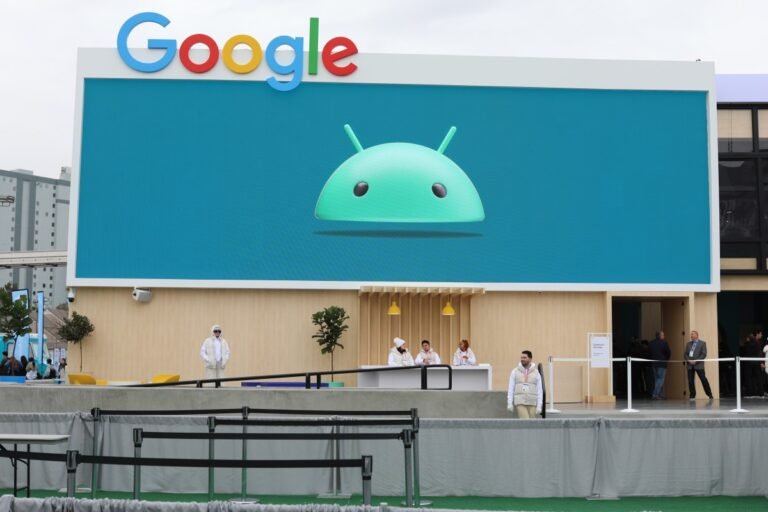EU Deals Another Blow to Tracking Ads Industry

It’s been over two years since a key piece of the tracking-ads’ industry’s consent collection apparatus was found to breach European Union’s data protection laws.
A simple ‘yes or no’ to ad tracking is as much friction web users should get.
Critics dub the whole cynical approach compliance theatre: An attempt by the ad industry to evade data protection law and keep tracking and profiling web users en masse by packaging systematic non-compliance inside an industry standard framework.
However action requiring reform of the framework was suspended pending a final court ruling on the IAB’s appeal.
Plus the European Data Protection Board is due to weigh in with guidance soon.






